Next.js
A new approach to universal javascript app
Garry Yao
An ideal Next component is just one page, you don't even need a server.js

In reality you'll need a server (example in Express)
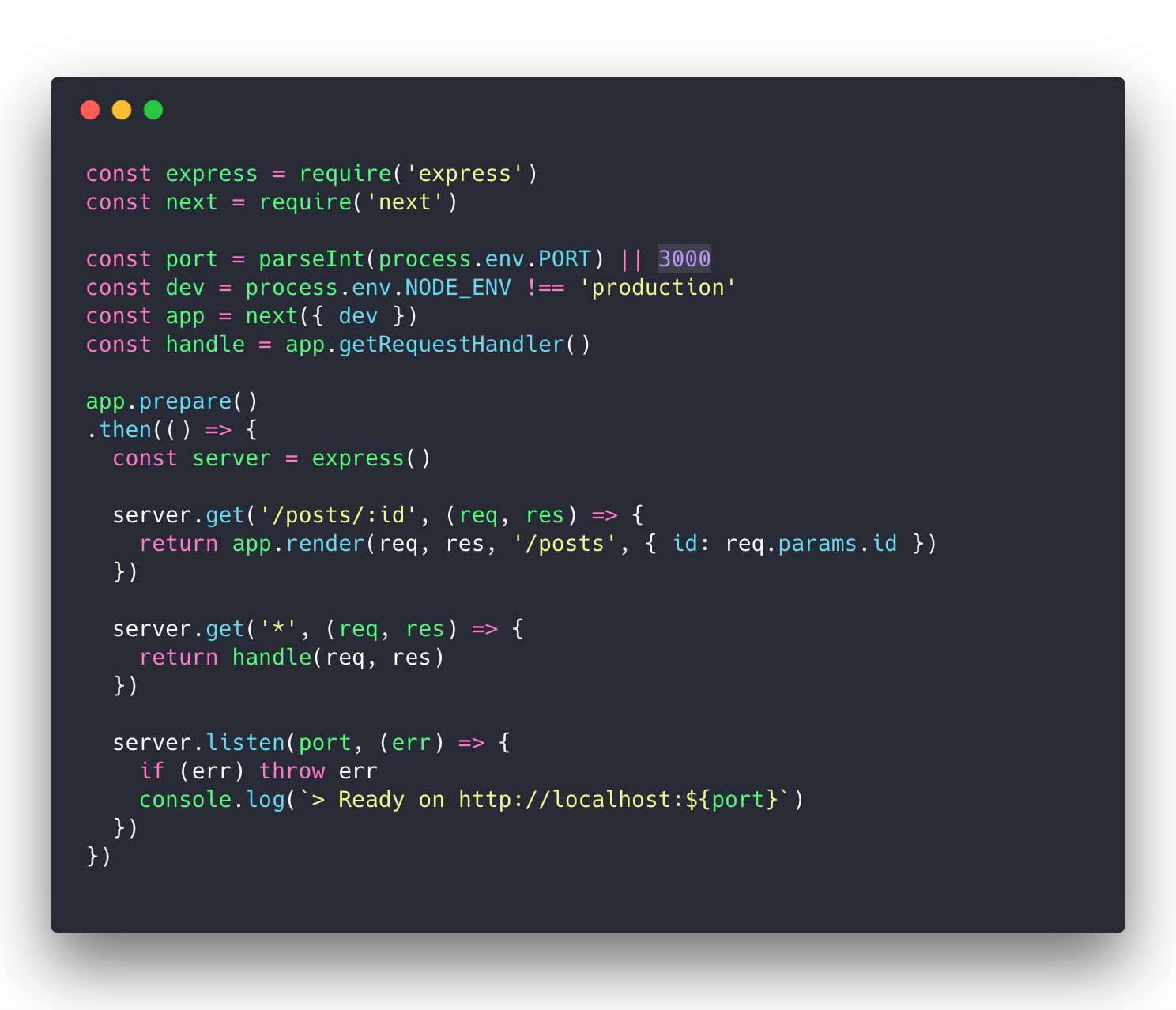
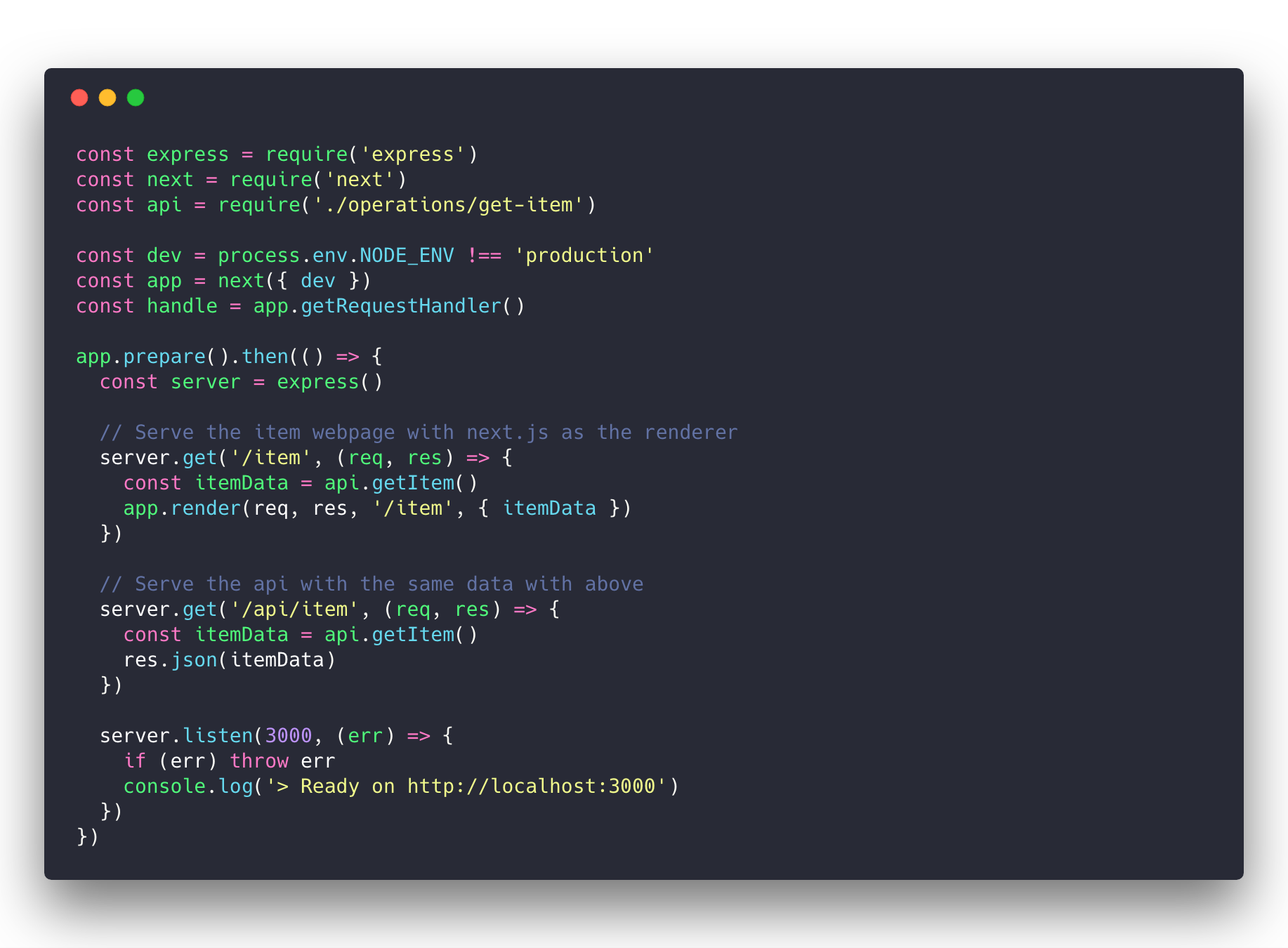
Most of the time you'd like to split page render with api as well.
A universal component most of time is asymmetrical - isomorphic is not as simple as it's said
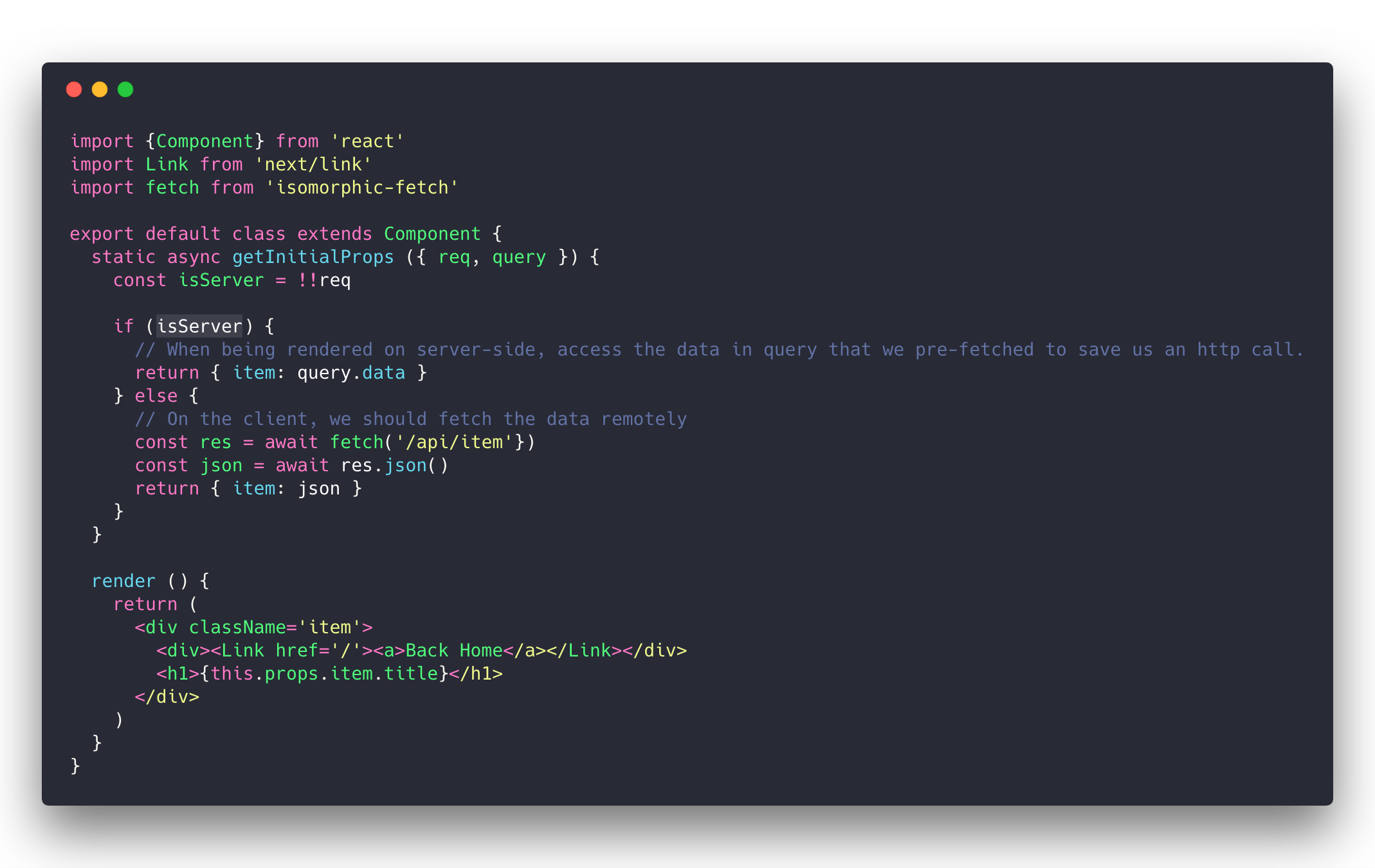
Meet Next's getInitialProps
-
pathname - path section of URL
- query - query string section as an object
- asPath - actual path (including the query) shows in the browser
- req - HTTP request object (server only)
- res - HTTP response object (server only)
- jsonPageRes - Fetch Response object (client only)
- err - Error object if any error is encountered during the rendering
async static method that populates props
Since we have page, we need to move between pages - so you have <Link>
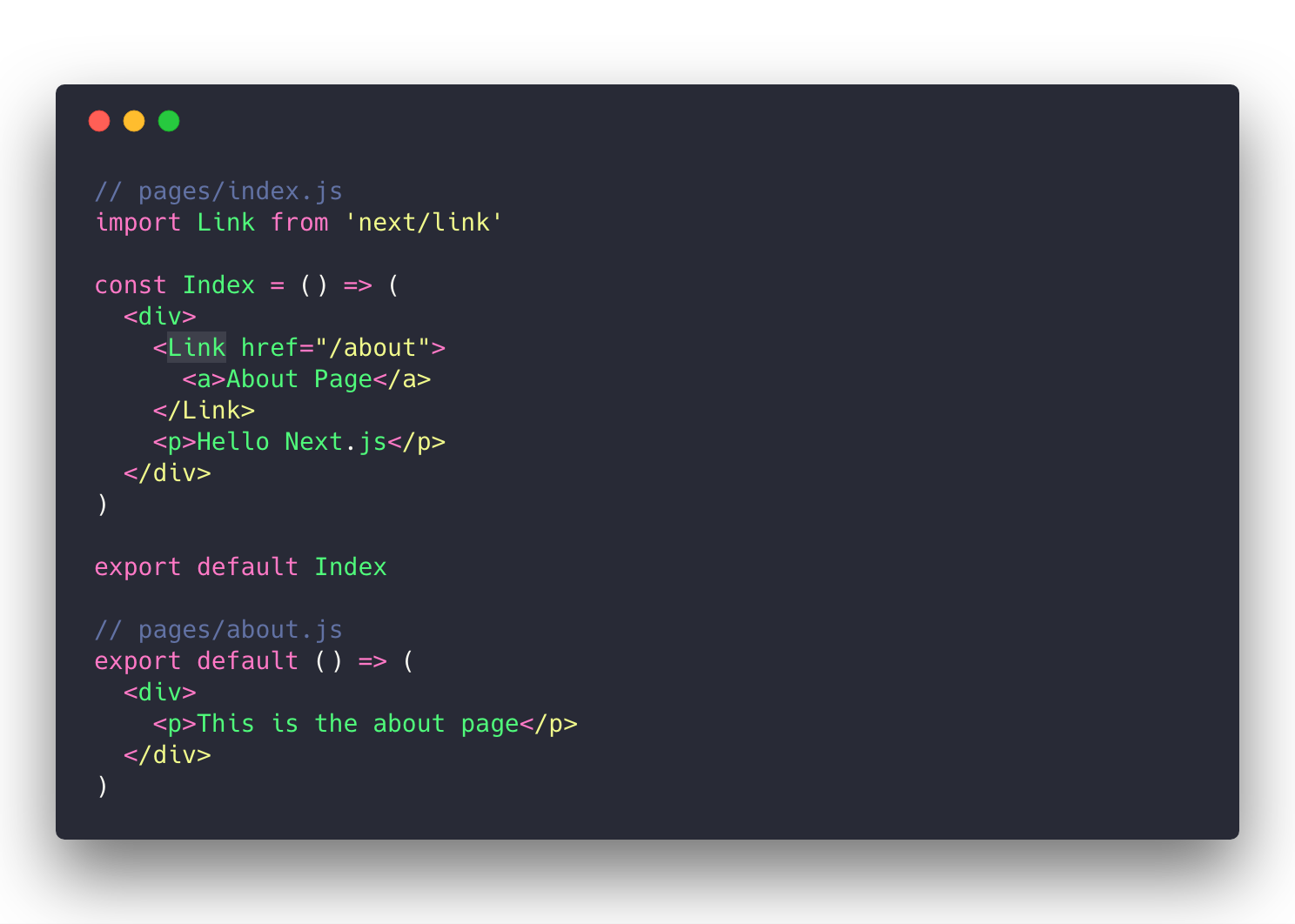
For sure we'll need to pass data to the next page, so that makes a query
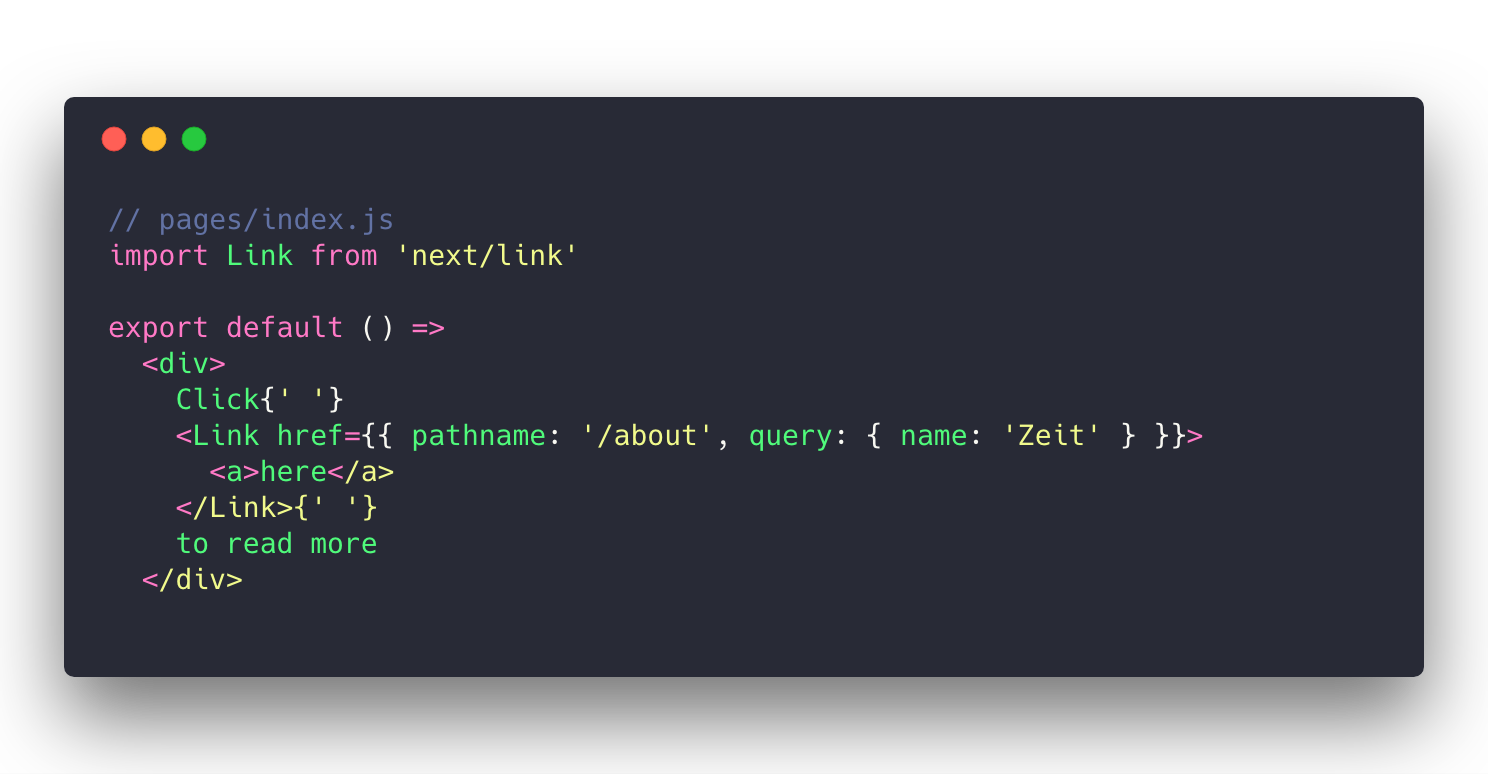
How <Link> works
- The component is fetched
- getInitialProps get called with path and query from link's href
- If an error occurs, _error.js is rendered
- pushState/replaceState is performed
- The new component is rendered
Since <Link>'s href is to bridge with getInitialProps, we may need another real page url (for human, browser and server)
<Link href="/blog?id=1" as="/blog/1">
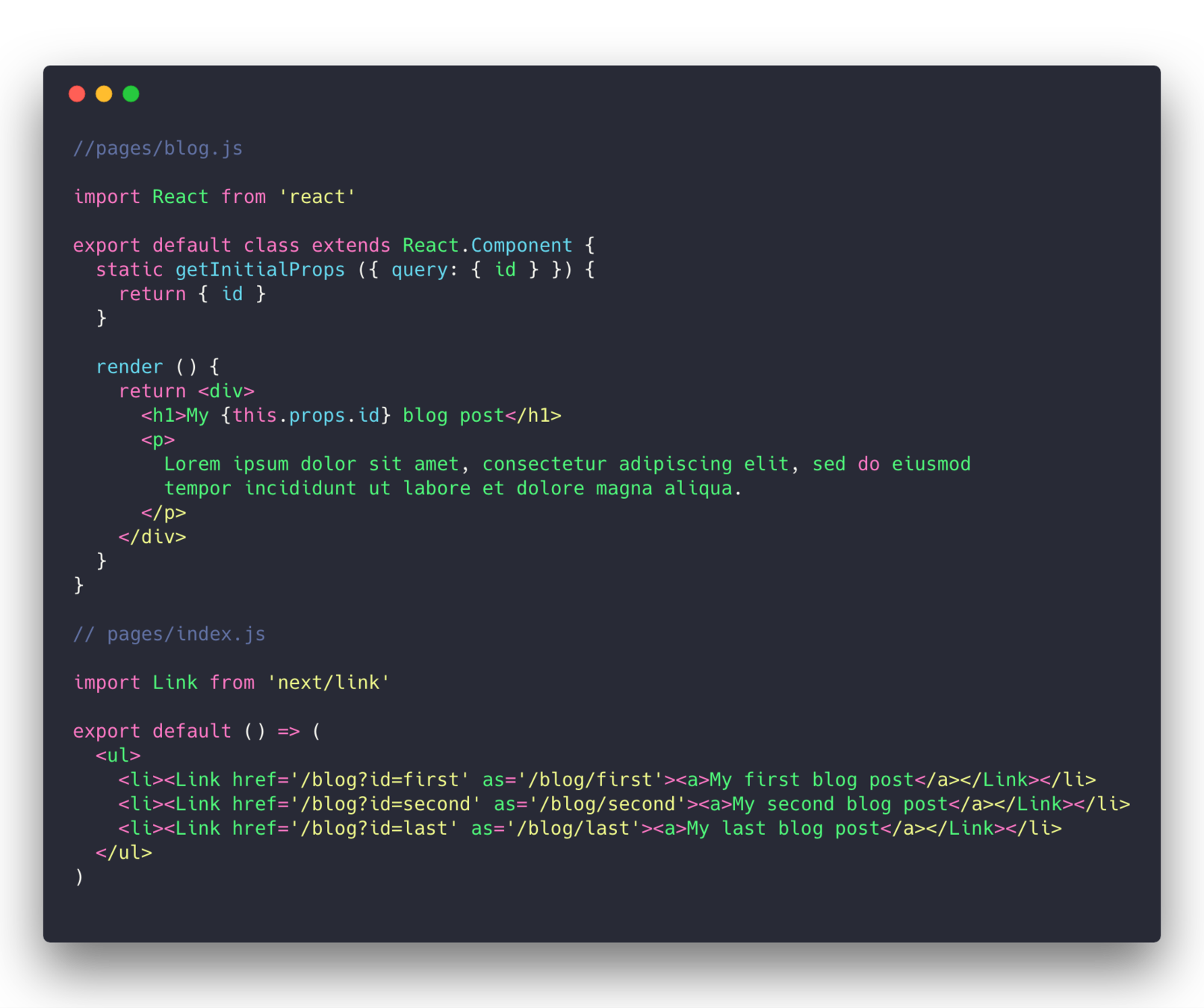
Have you ever think about prefetching a link? This shall be just one attribute away -
Think of <link rel=“prefetch”>

When our JavaScript component is universal, people start to think what does universal mean for css, which leads to...
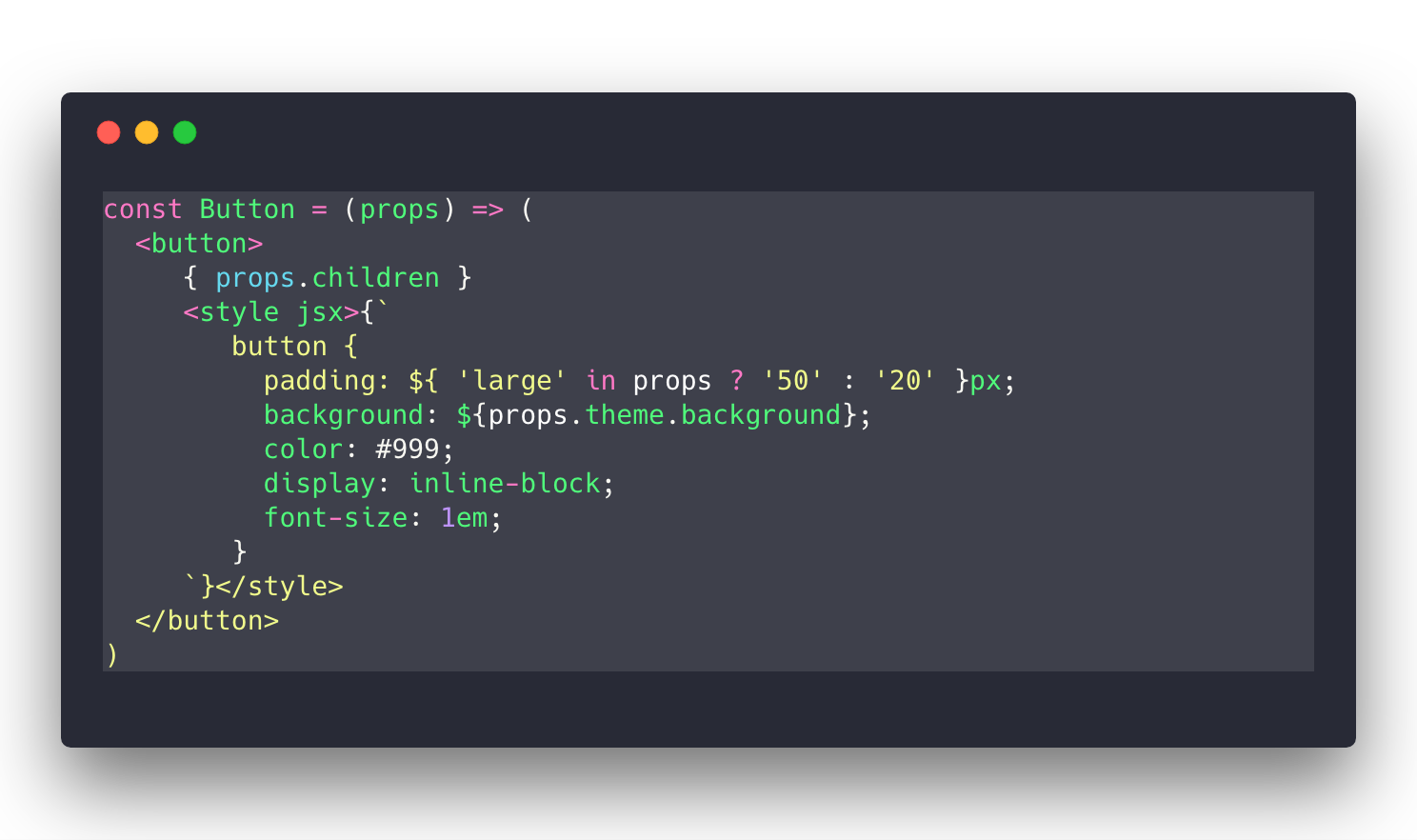
styled-jsx use unique classname for style encapsulation and optimization on the server - all boil down to inline css
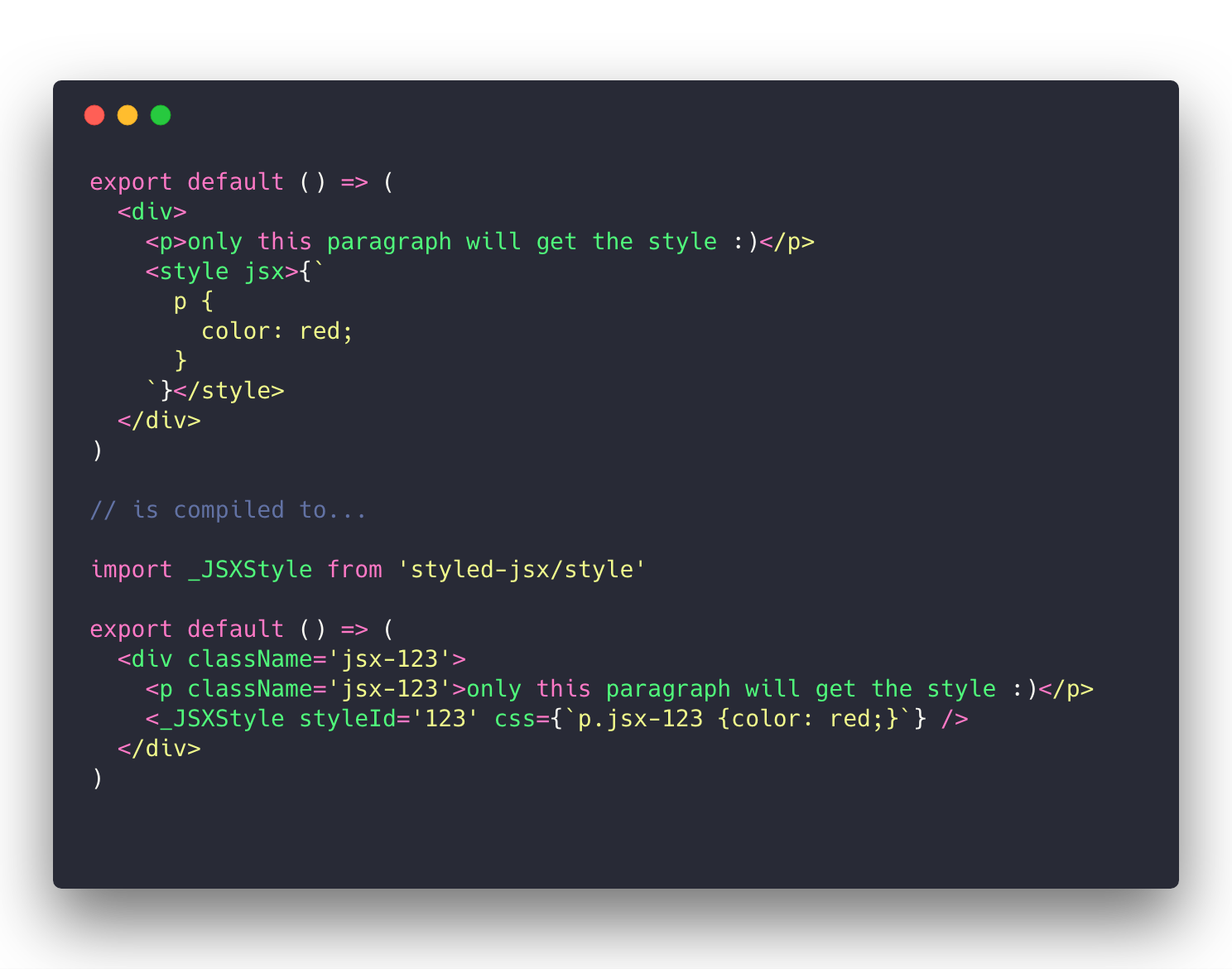
Ofc, if you're not a big fan of styled-jsx (like me), there's definitely a way out -
Webpack-based css loaders are available as next plugins:
-
next-css
-
next-less
-
next-sass
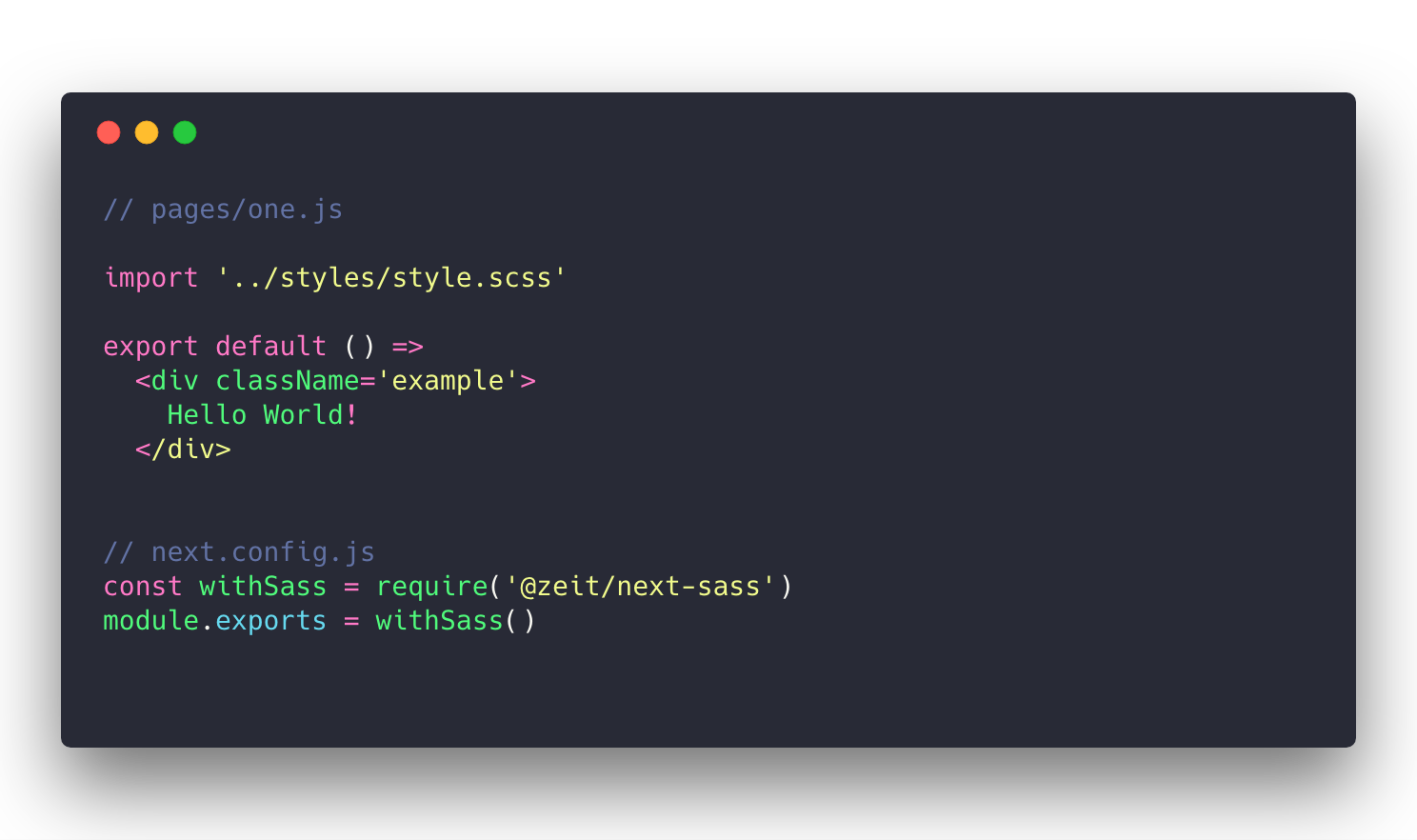
Webpack is pre-configured for next, config be called once for the client and once for the server.
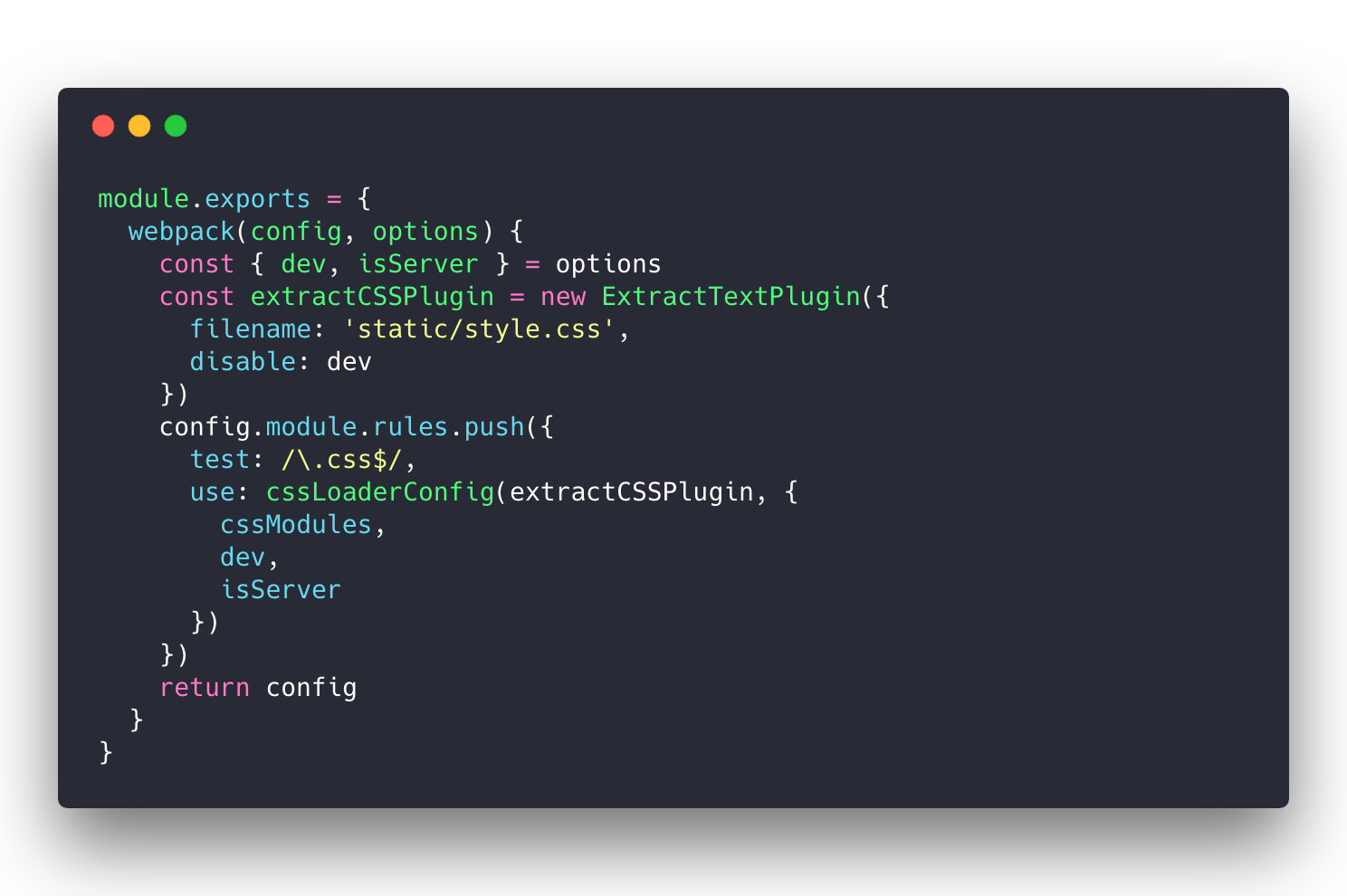
You can even make universal env variables!
- use a universal config module
- use _document override to ship env to the client
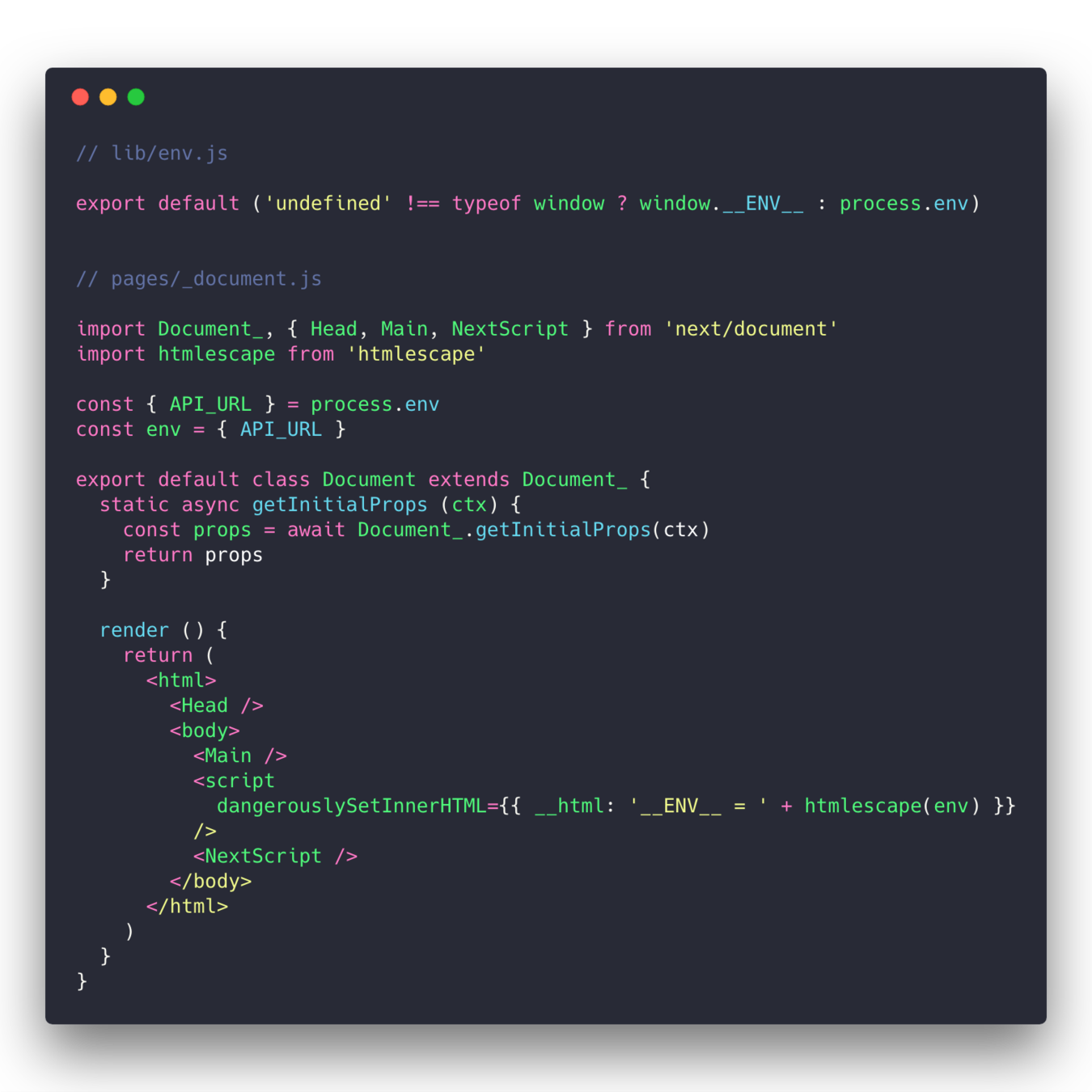
Few limitations I run into with Next
No built-in support for server code in ES6, you'll need babel for server code configured in a different env
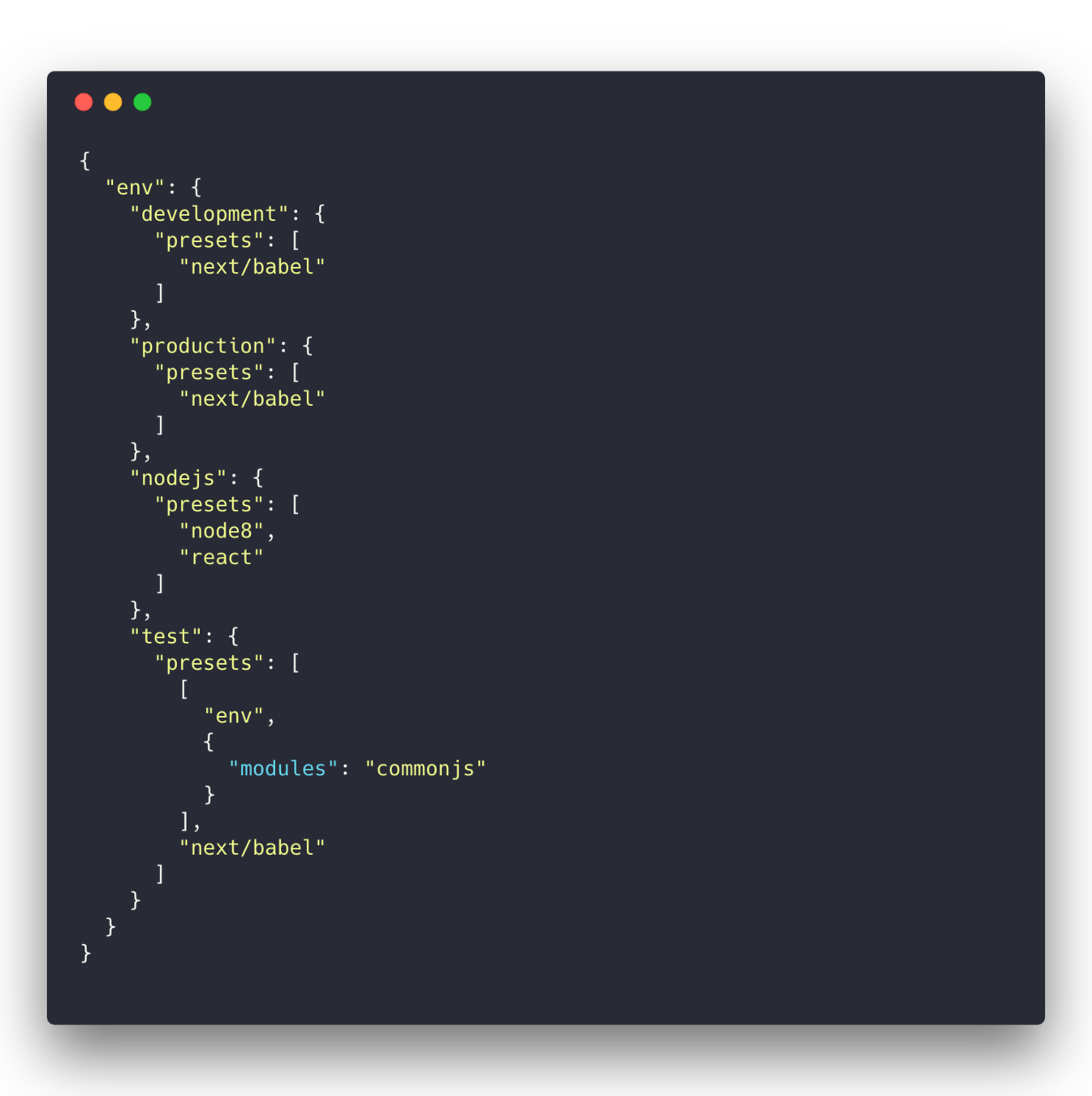
Override the built-in webpack config wasn't easy...
Not a perfect framework but promising, expecting more to come in Next!
Q&A
next.js - a new approach to universal javascript
By Garry Yao
next.js - a new approach to universal javascript
Brief introduction to the Next.js framework
- 1,433



